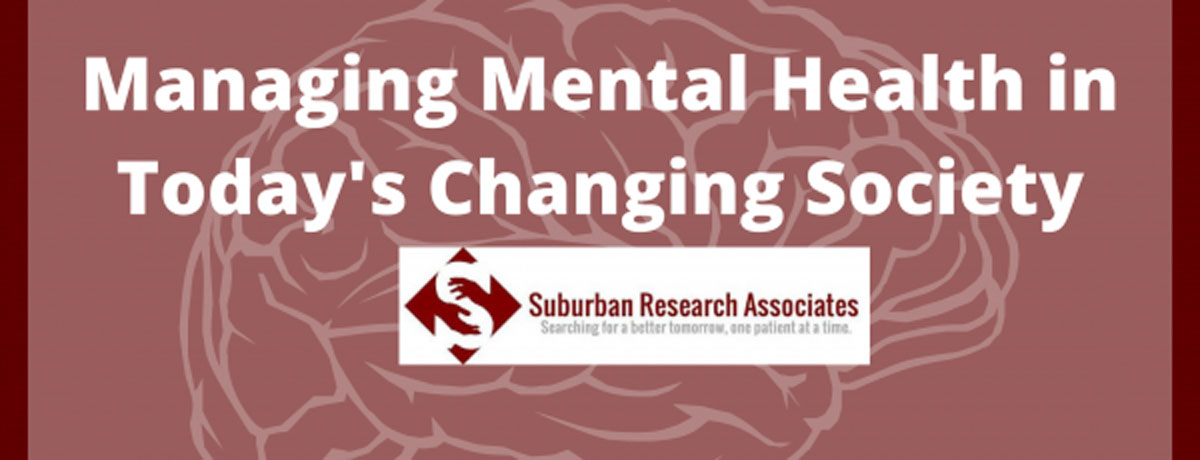Mental health has always been an incredibly imperative, but often overlooked, area of overall well-being due to stigma, fear of judgement, shame, etc. However, it is becoming an even more pressing topic and area of concern for many in society today, especially within the past year.
So many things have changed for people; many were and are being faced with tragic loss and grief, fear, and anxiety due to coronavirus and the shutdown that has undoubtedly taken a toll on the mental health of many. Not to mention, there may have been potentially limited access to healthcare and mental health care for many individuals during these times.
Such circumstances and events are quite stressful and overwhelming for the average person and much more concerning for those with pre-existing mental health conditions, such as anxiety disorders, depression/Major Depressive Disorder (MDD), Post-Traumatic Stress Disorder (PTSD), Obsessive Compulsive Disorder (OCD), among others.
For someone with a mental health condition, treatment can often focus on facing or demystifying one’s fears by helping them see a clearer picture of what is going on in reality, that those fears are really driven by anxiety or depression. However, in the past year, many events took place that, for someone with anxiety, has proven their fears to be true. For instance, fear of getting sick or hurt, losing a loved one. These fears became a reality for many during the course of the year. When those fears become a reality for someone with a mental health condition, it makes it that much harder to overcome and thus can lead to worsening symptoms. When this happens, it becomes even harder to combat because the person is led to believe even more so than before that they must feel this way as to protect themselves from this very fear.
Add other factors into the mix, like decreased physical activity and fresh air from being stuck inside, less interaction and socialization with others, being stuck behind computer screens, and becoming burnt out working in front-line positions. These factors can also significantly impact on one’s mental health.
Taking care of our mental health should not be considered any less important than taking care of our physical health. No one is immune to the effects of everything going on right now in our society or the tolls these various factors can take on a person. Even those who do not consider themselves as having a chronic mental health condition can be experiencing this too and that is why it is important to learn what works best for managing your mental health in these times.
So, how can you manage it? Everyone has different practices that works for them. Here are some that may help:
● Taking some time, even if it is only 5-10 minutes, to get some fresh air, especially if you are stuck inside most of the day.
● Set aside time to do at least 1 thing you love each day.
● Talk it out: If emotions are high and you are just not sure where to turn, do not hold it in, talk about it with someone.
● Write it out: Journaling or writing things out can be a great way to process thoughts and feelings when they seem confusing and overwhelming.
● Stretch/Exercise: Movement has been proven to boost mood and mental health. Even 5-10 minutes of stretching can make a difference, especially if you are stuck in a chair behind a computer for long periods of time.
● Do not overextend yourself: This can take some trial and error in figuring out what works for you personally. Finding and establishing your limits can help prevent burnout and fatigue related to stress.
● Talk to your doctor or a mental health professional. Have you tried these things and feel like you just can’t manage it, talk to your doctor or any healthcare professional. Asking for help is a sign of strength, not weakness. Talking to a professional can help you explore different treatment options and management tools that may work for you.
All in all, it is extremely important to be aware of your mental health in order to notice the signs and start managing them sooner. These signs will vary from person to person and can range from feeling generally stressed or tense to depression, panic, social withdrawal, etc. If you notice these or other changes in yourself or someone you know, take action, talk about it, examine what is going on and do not be afraid to reach out if help is needed.


